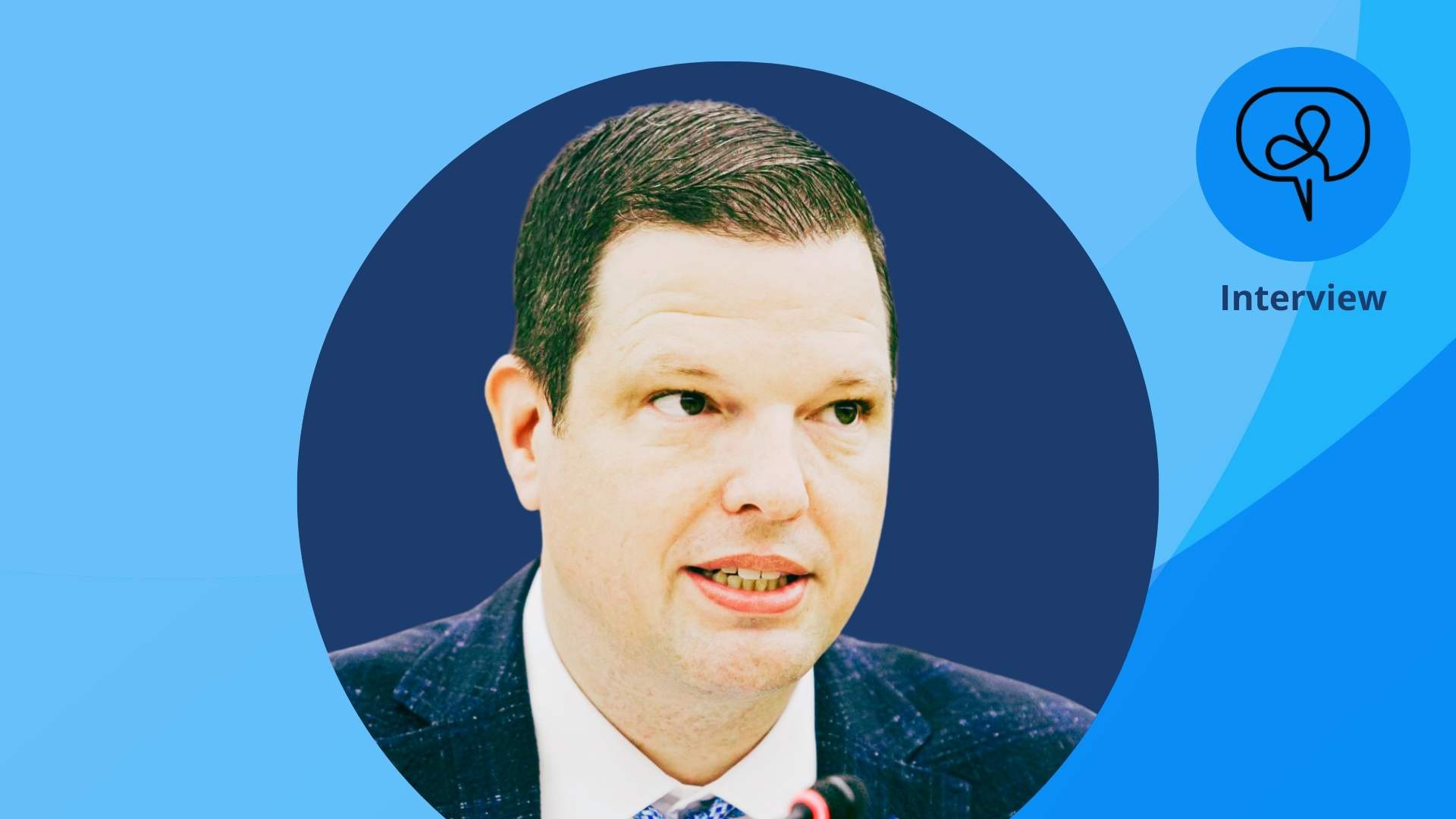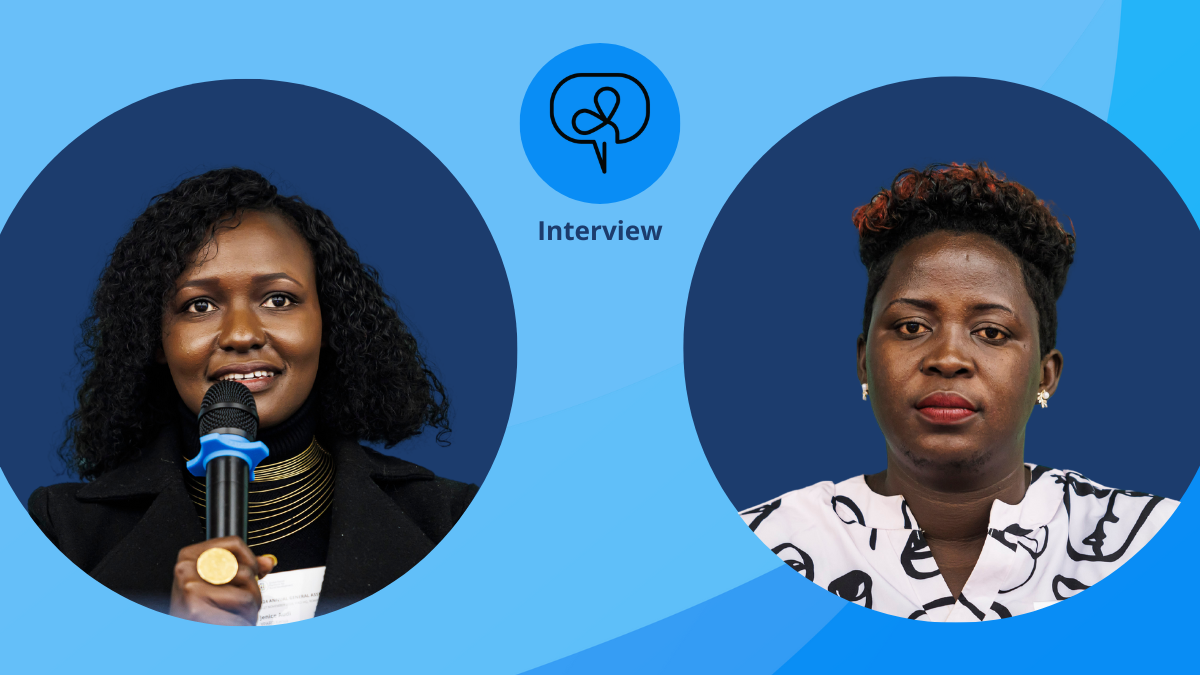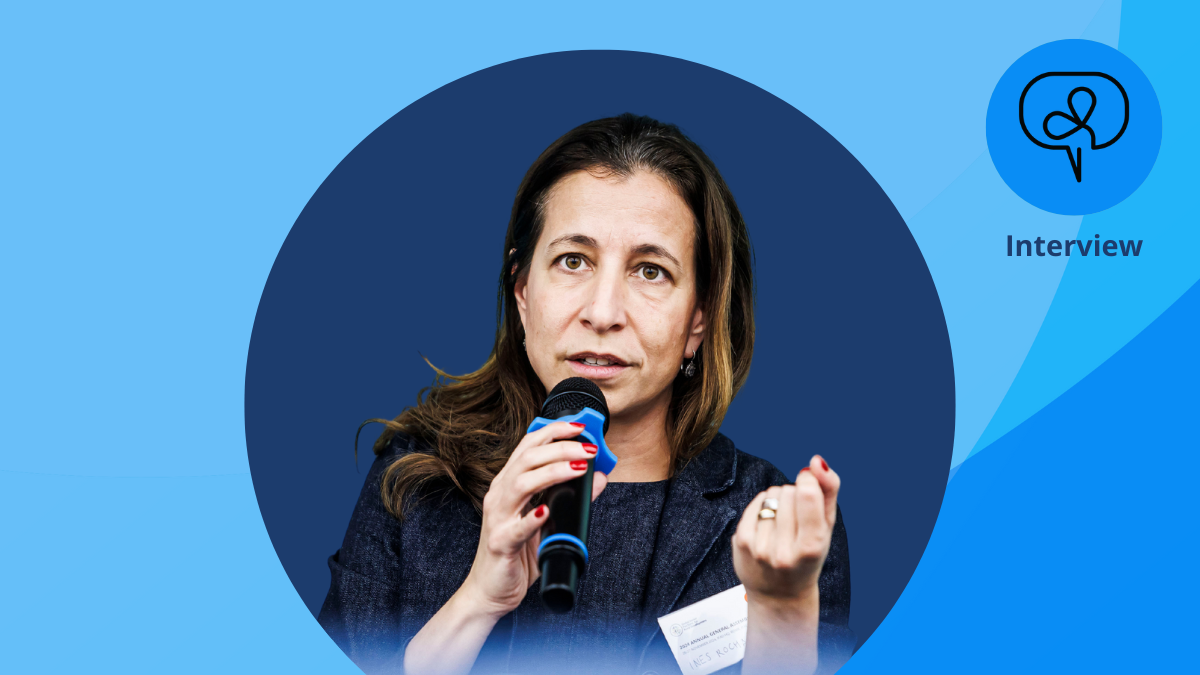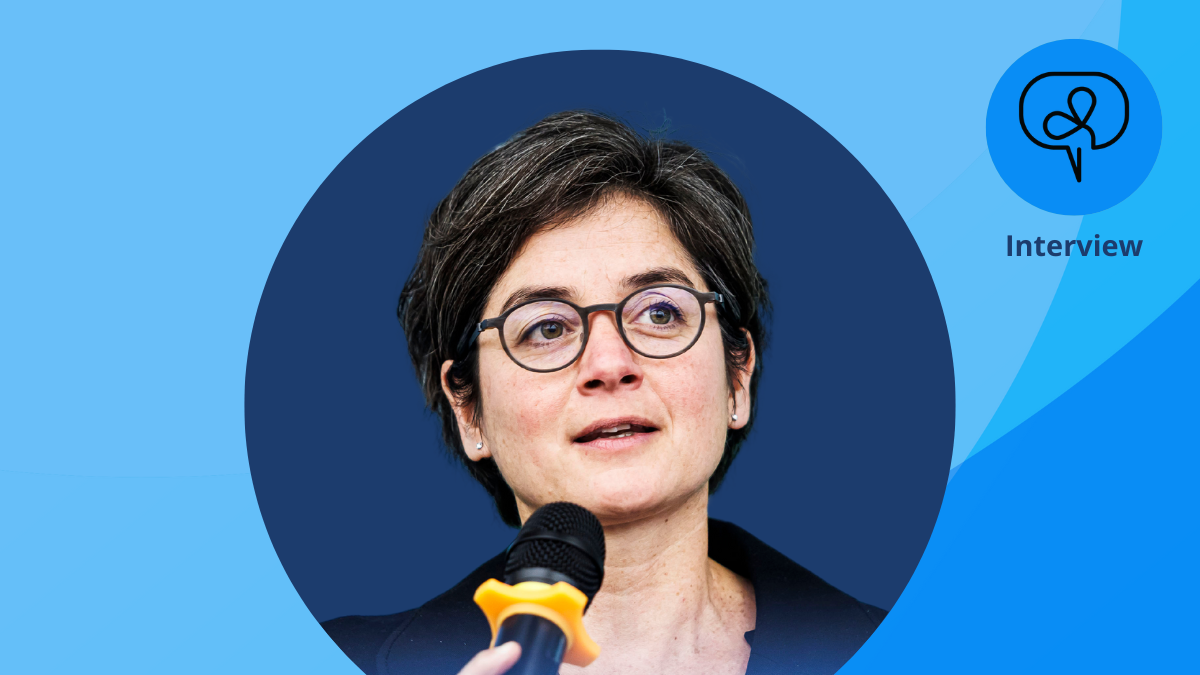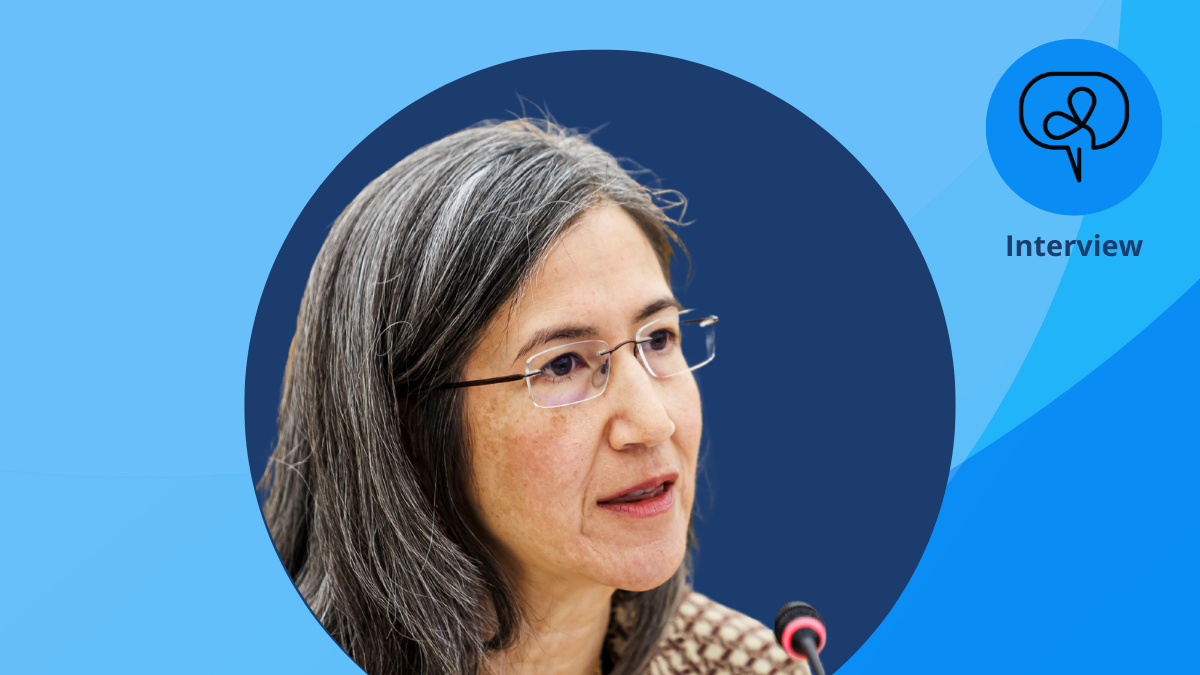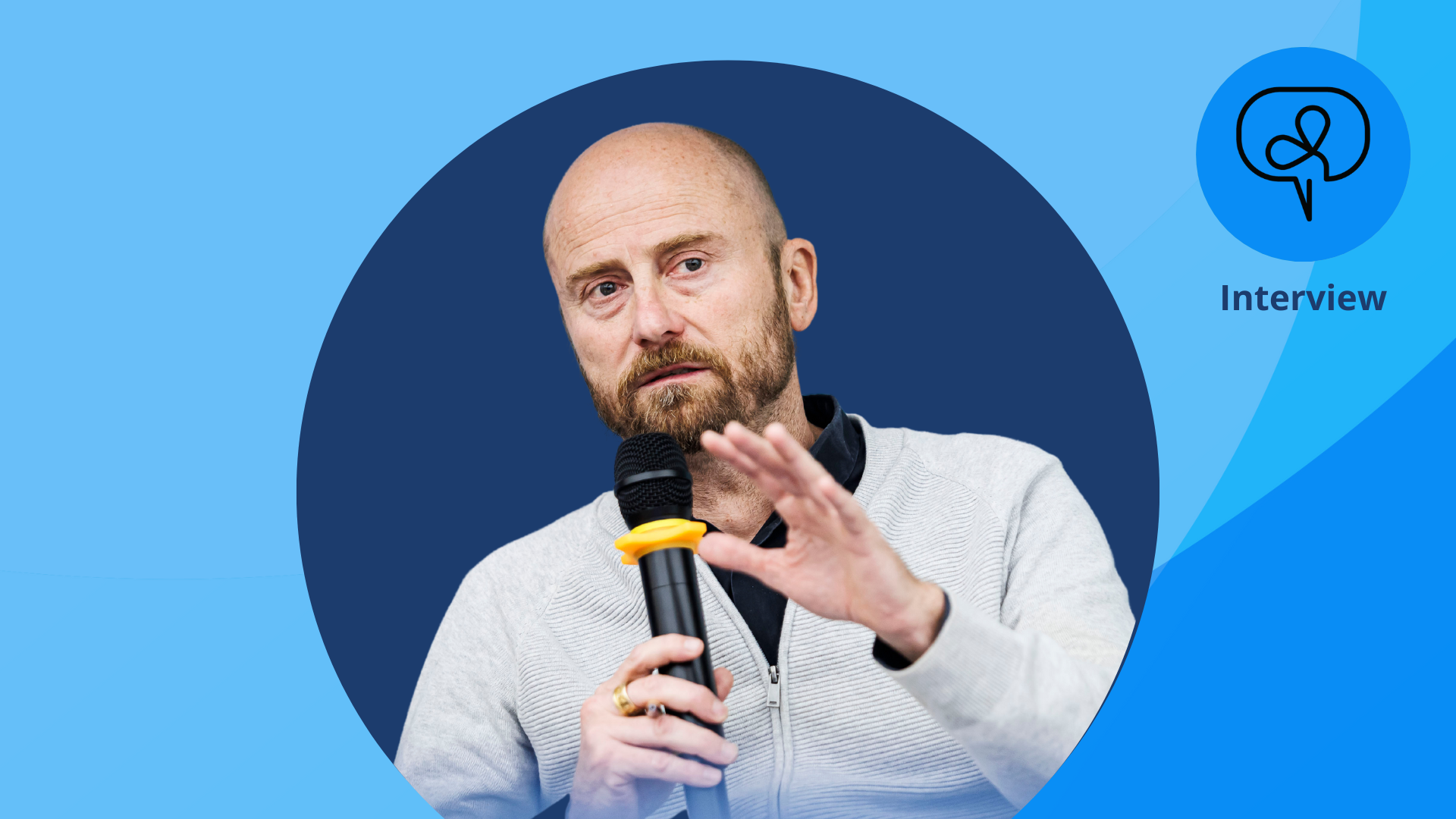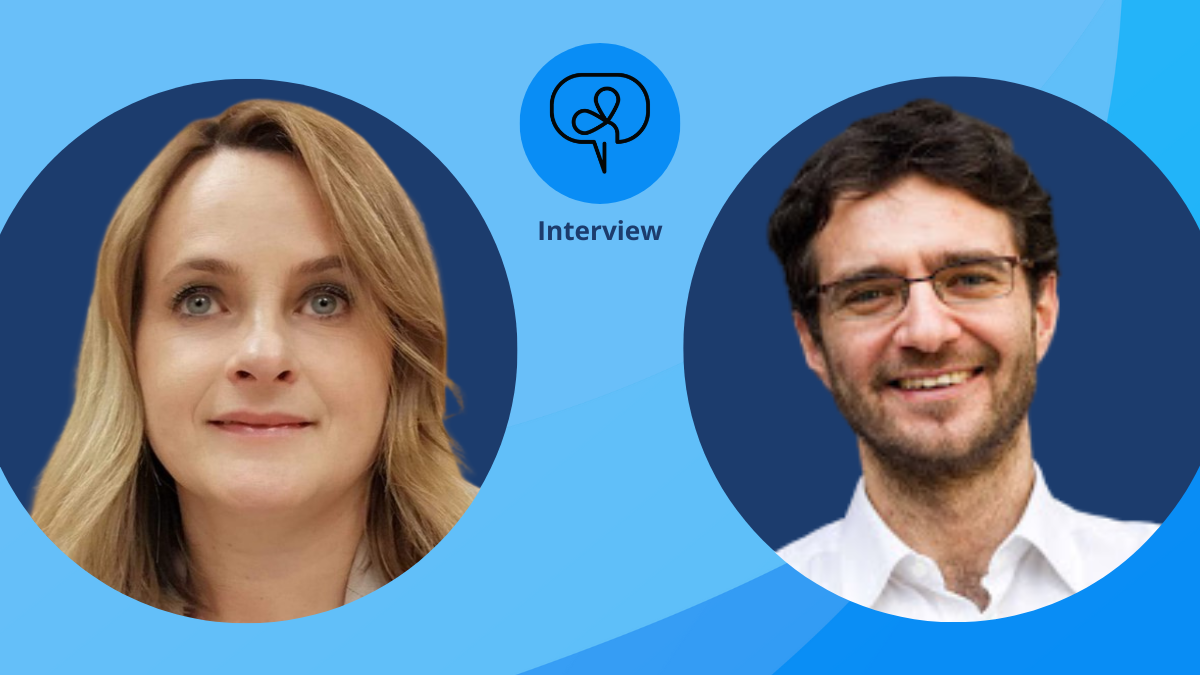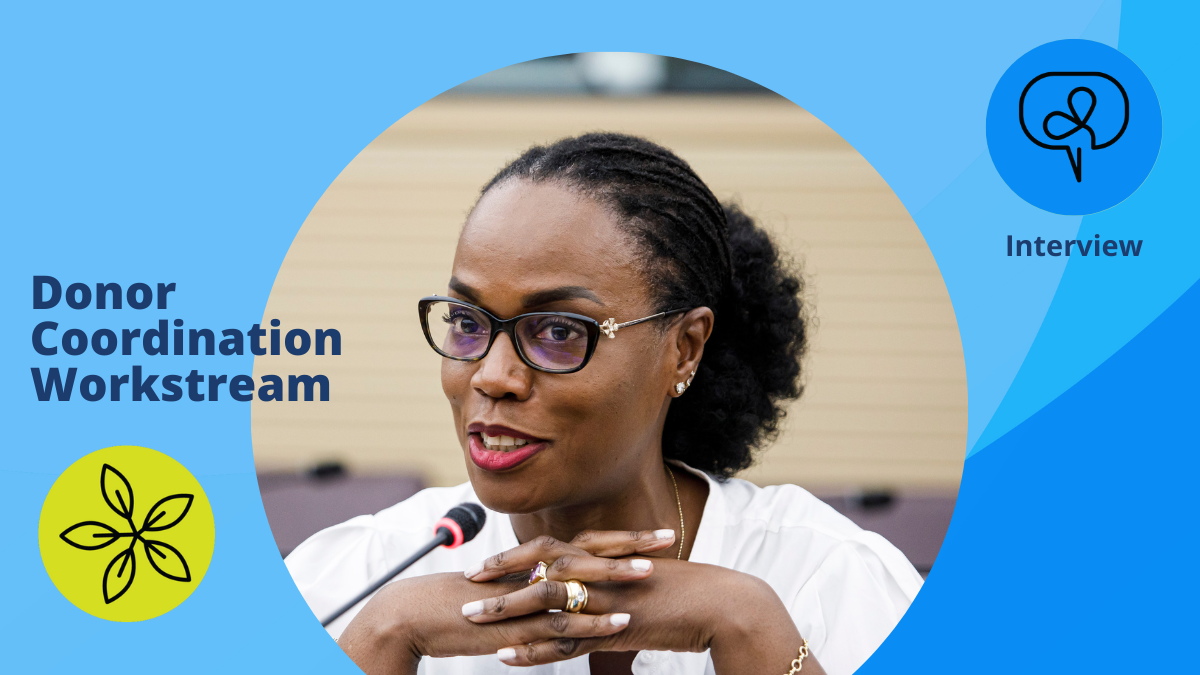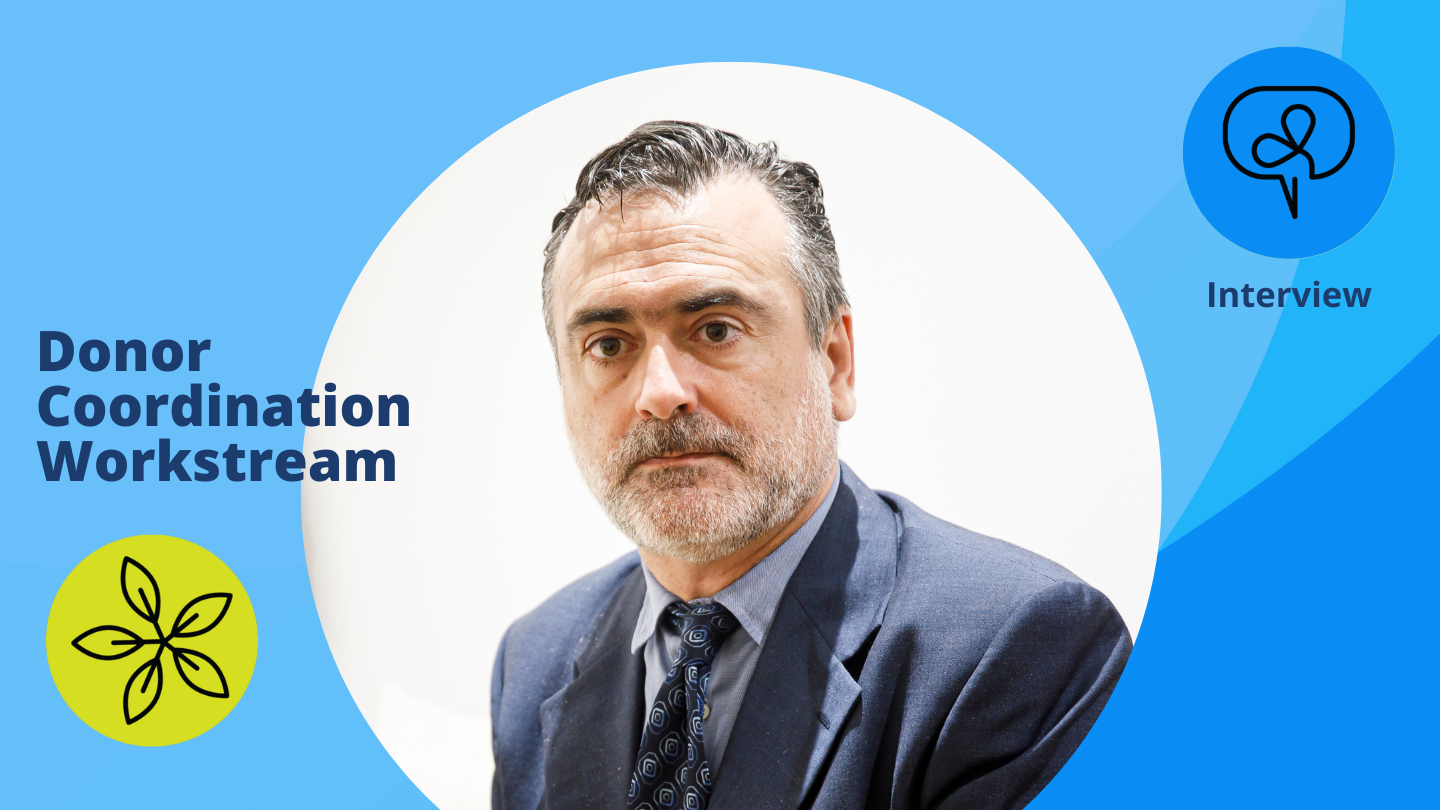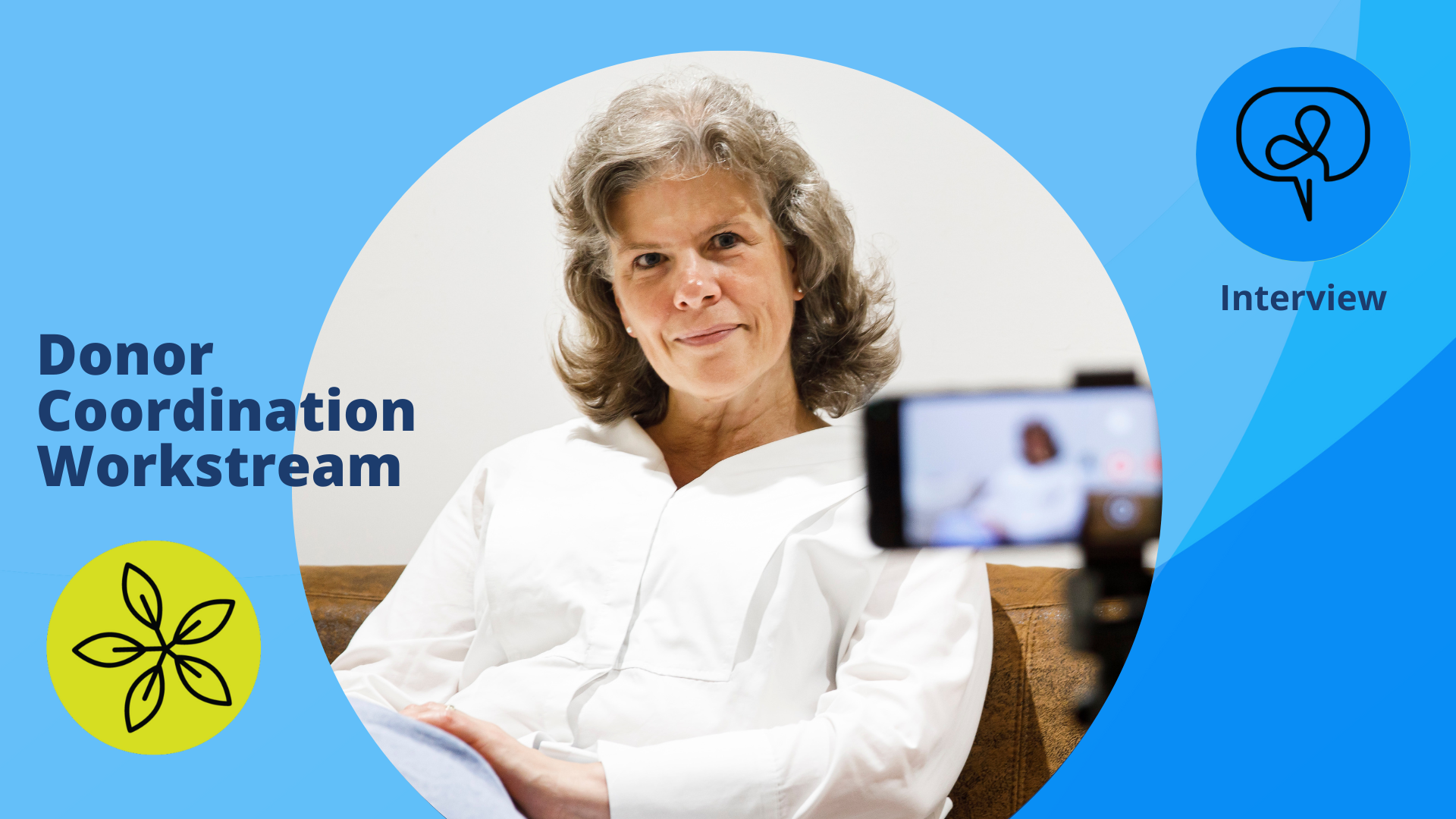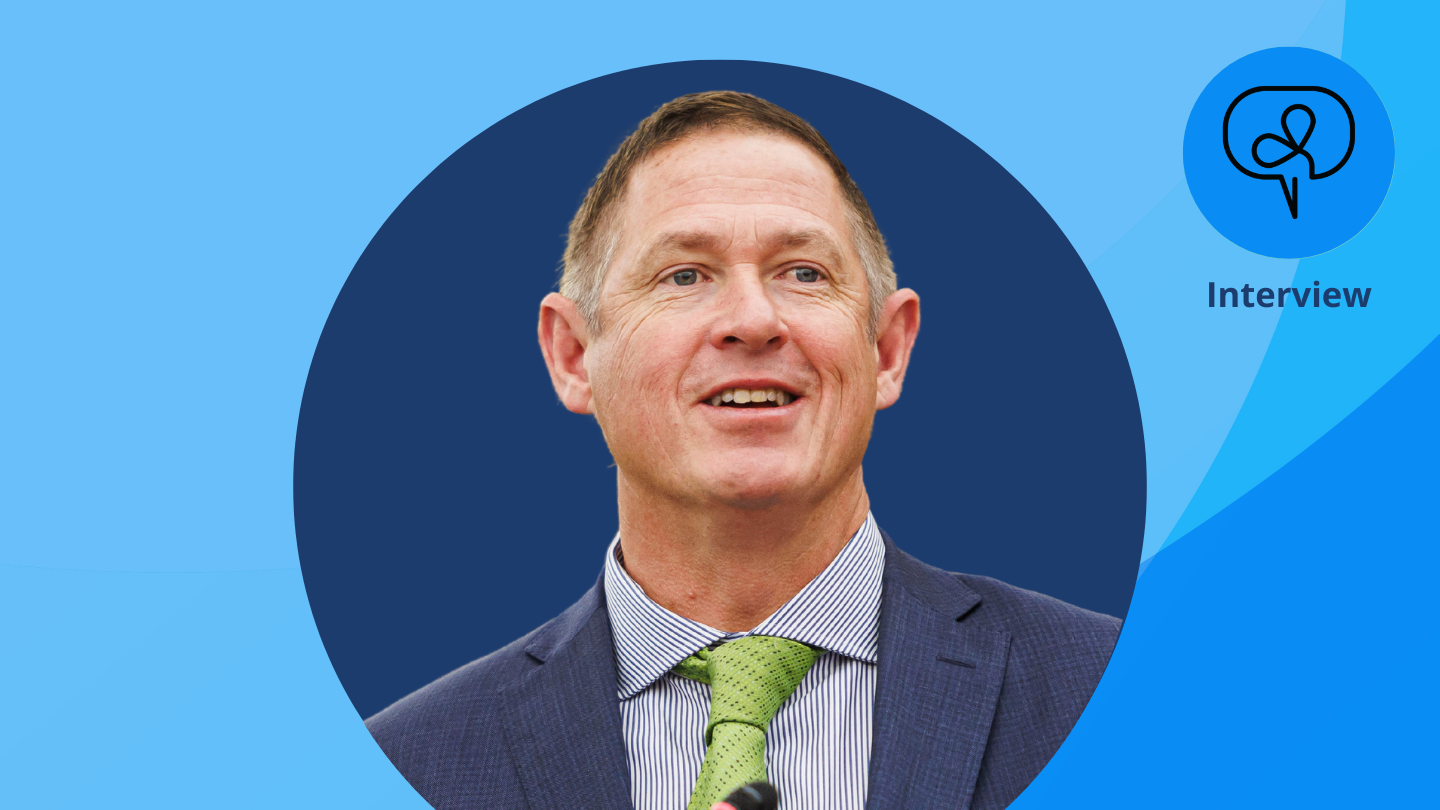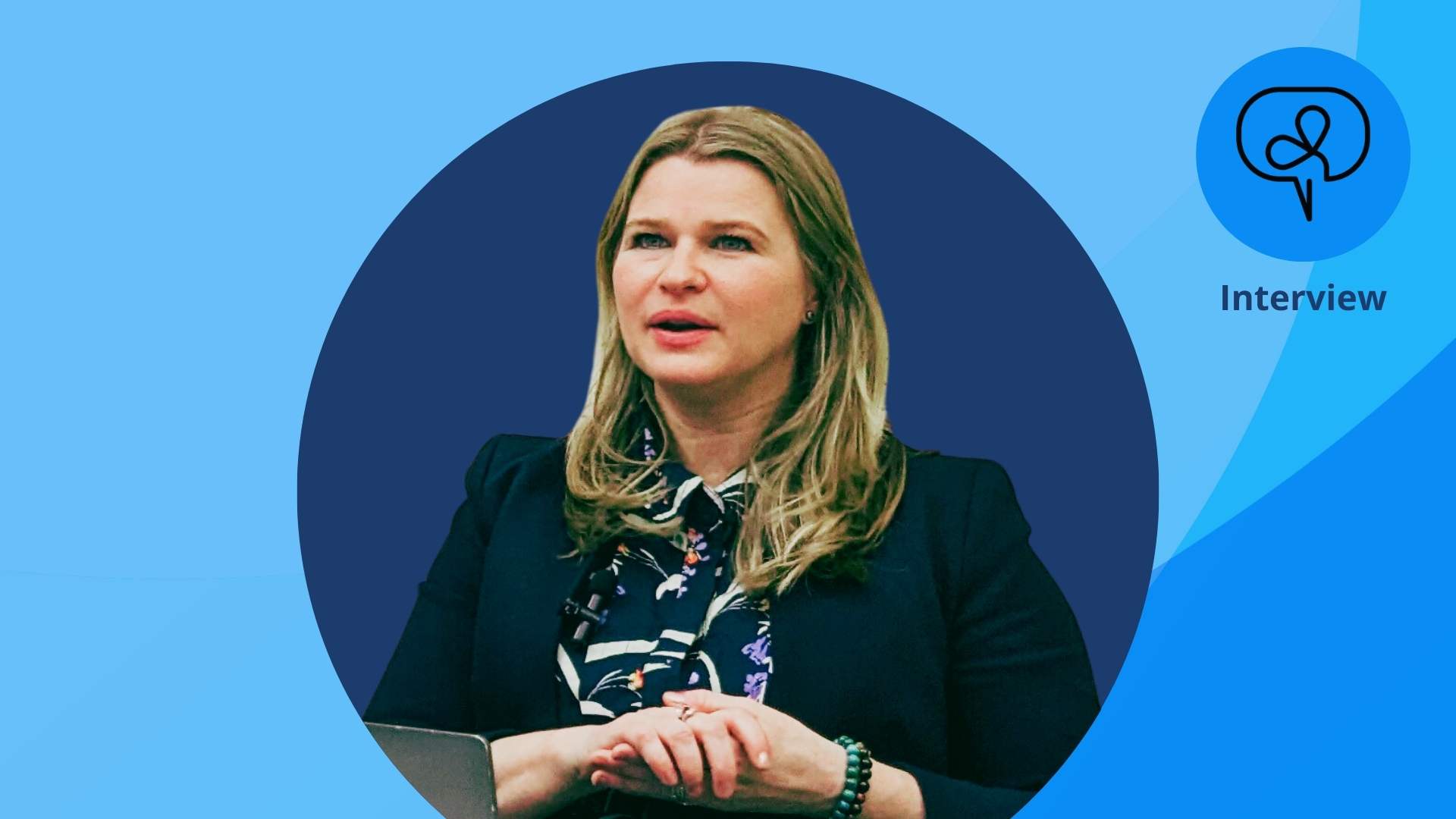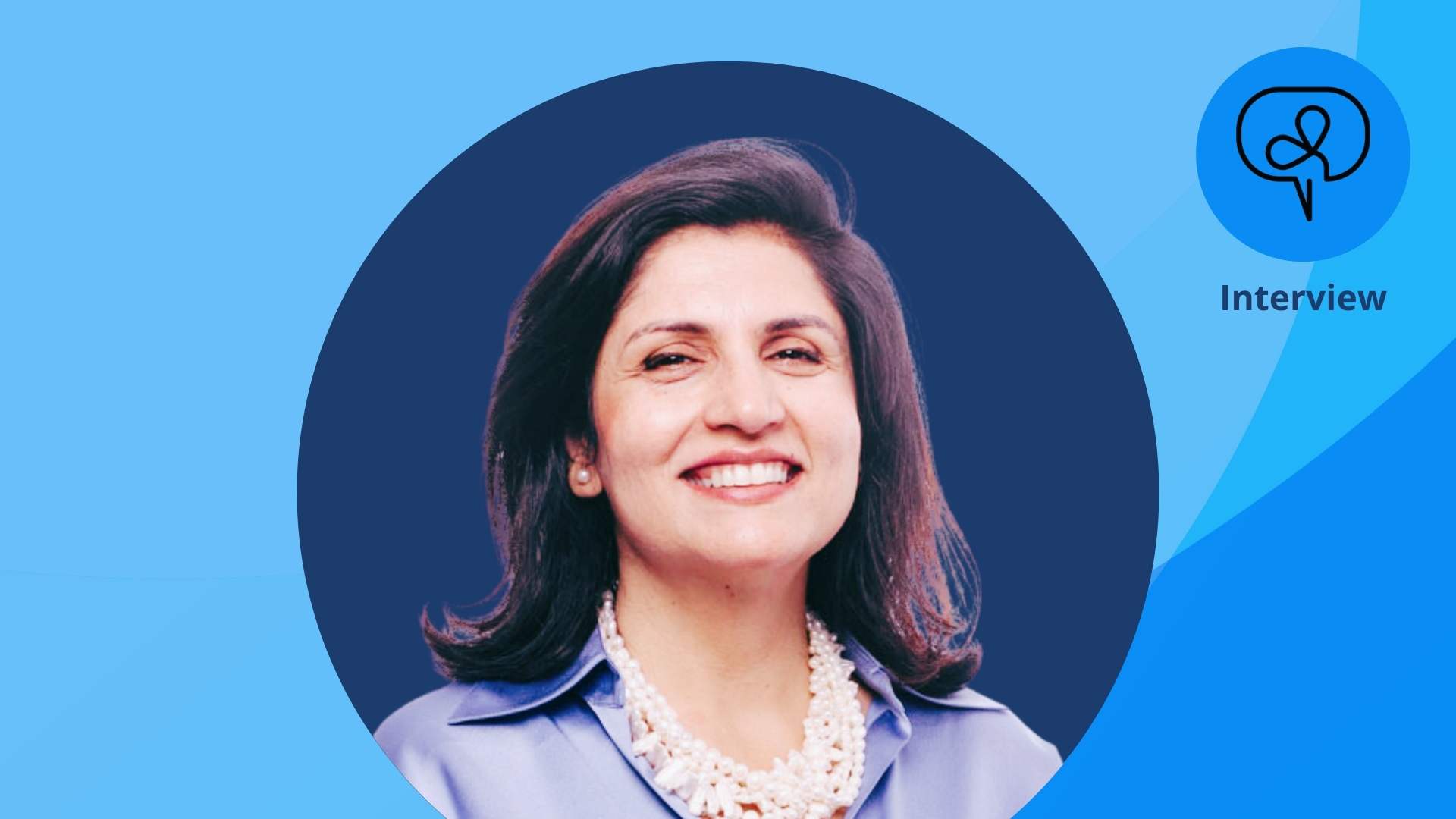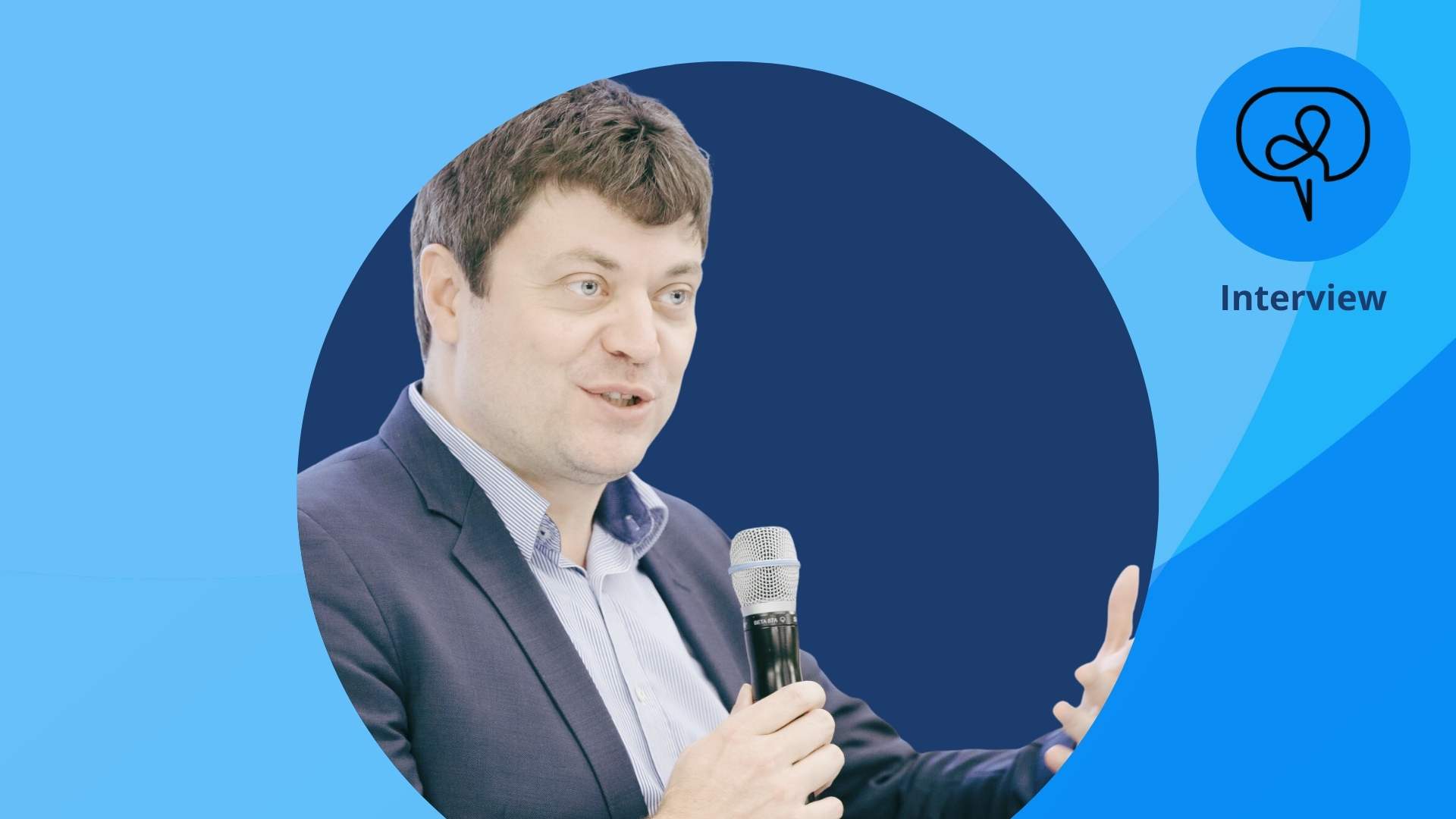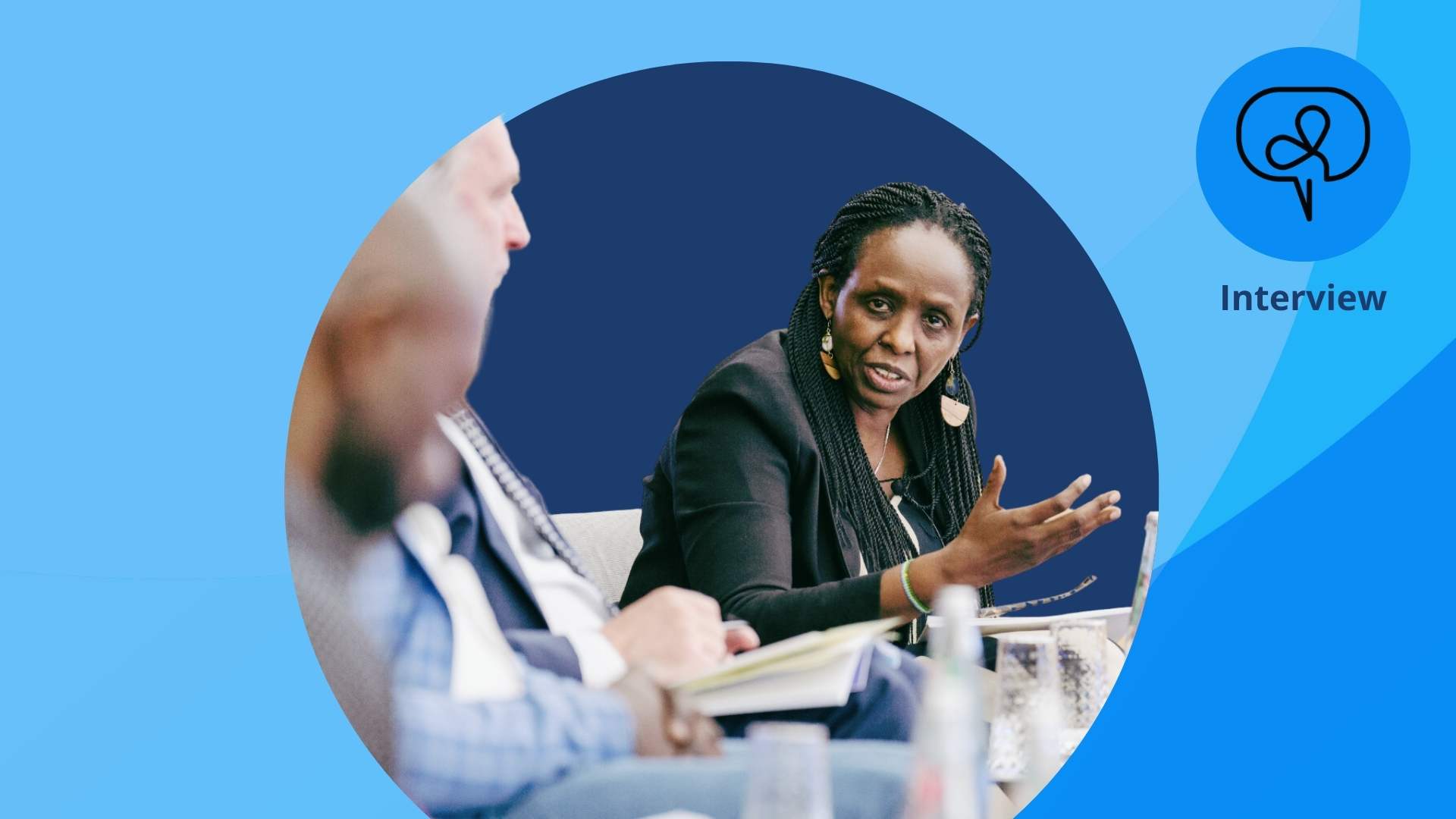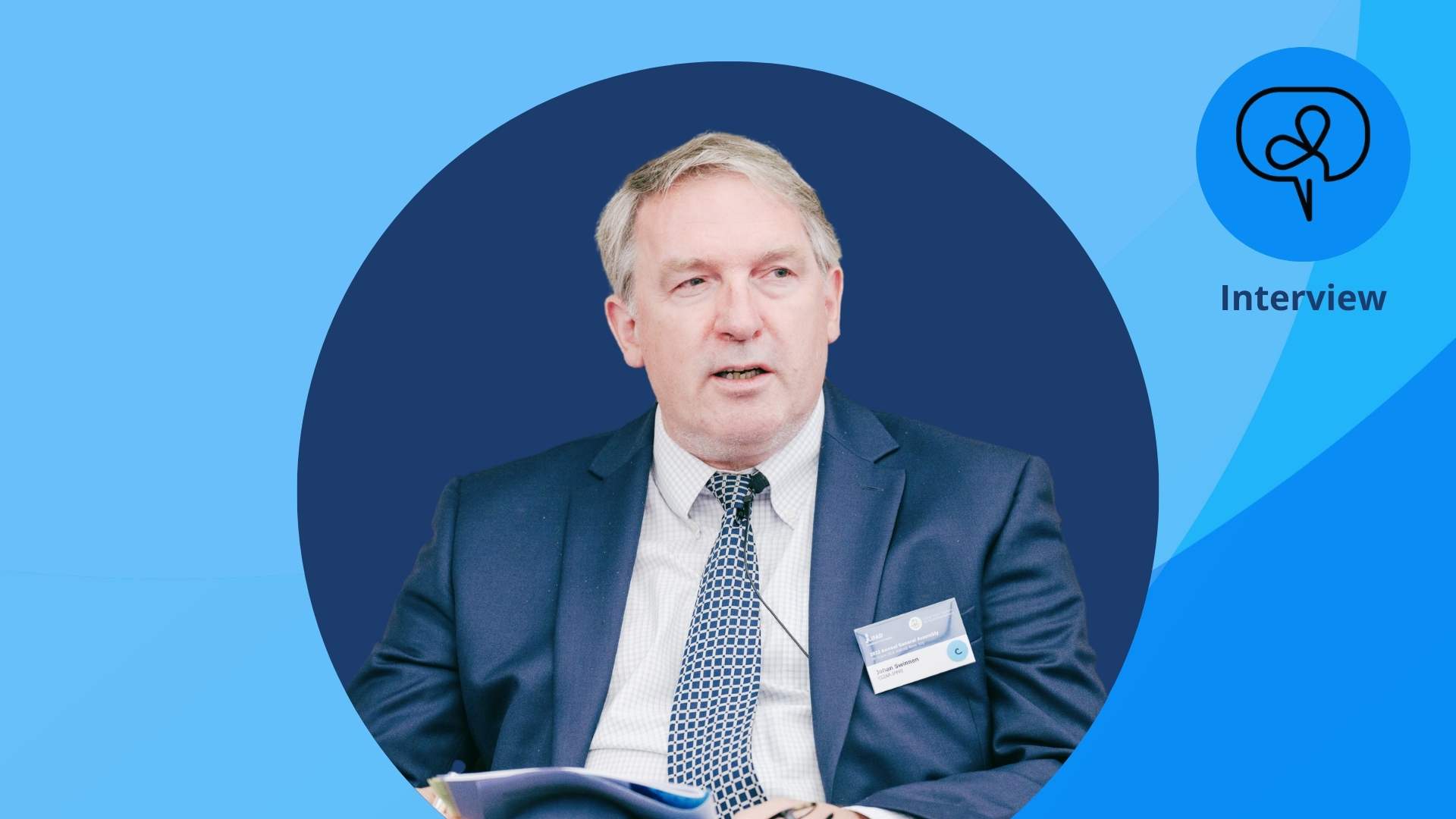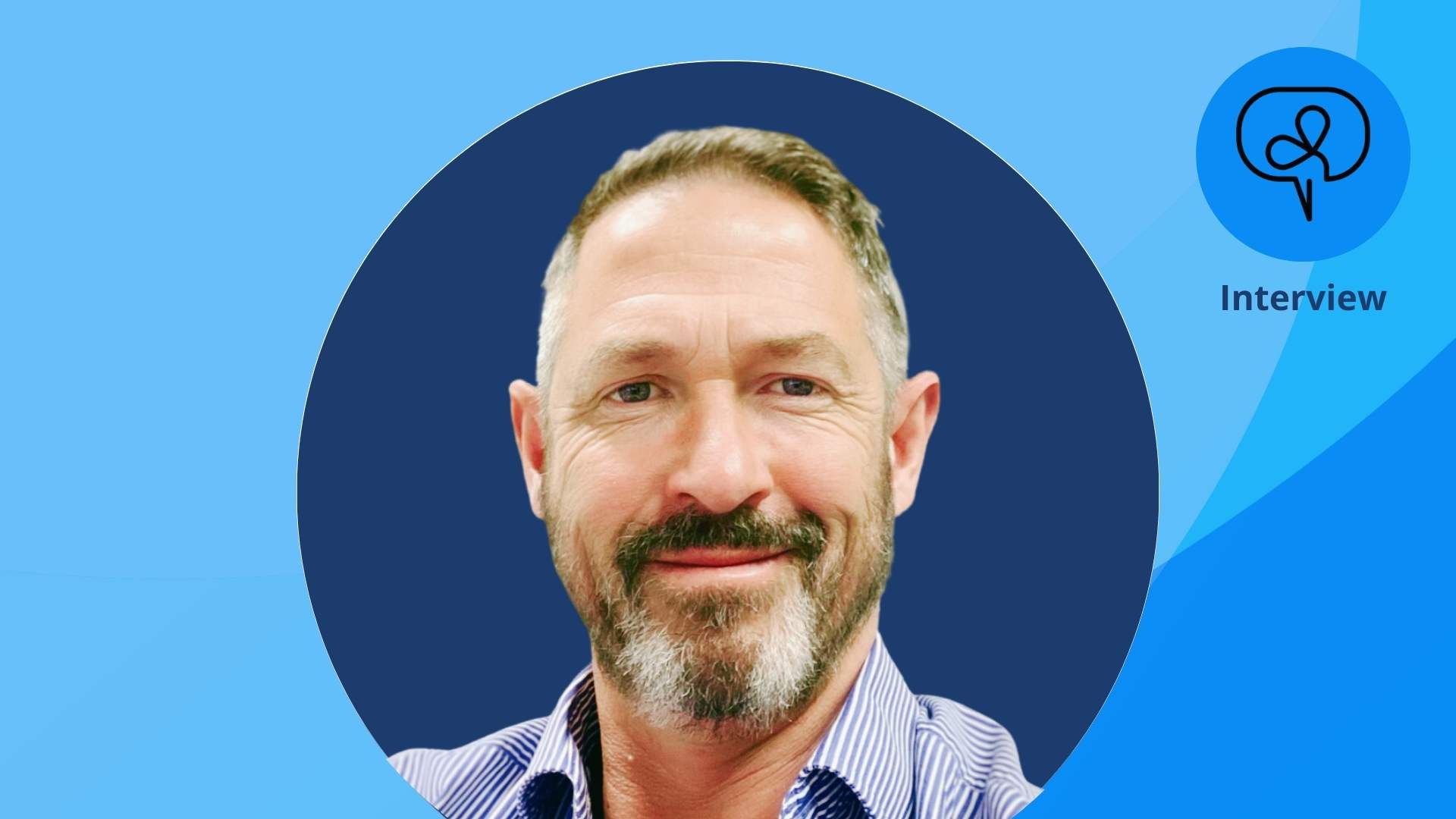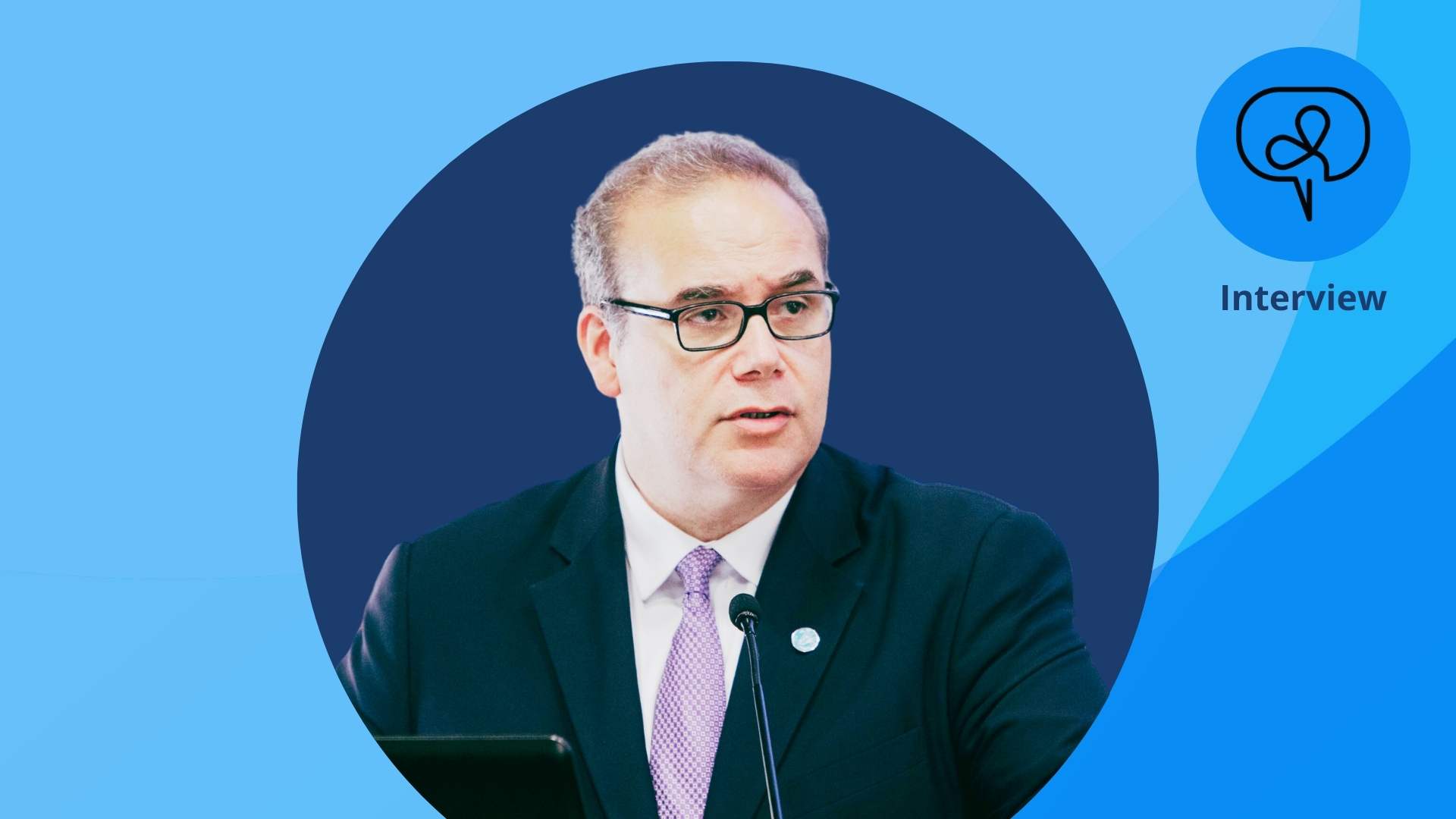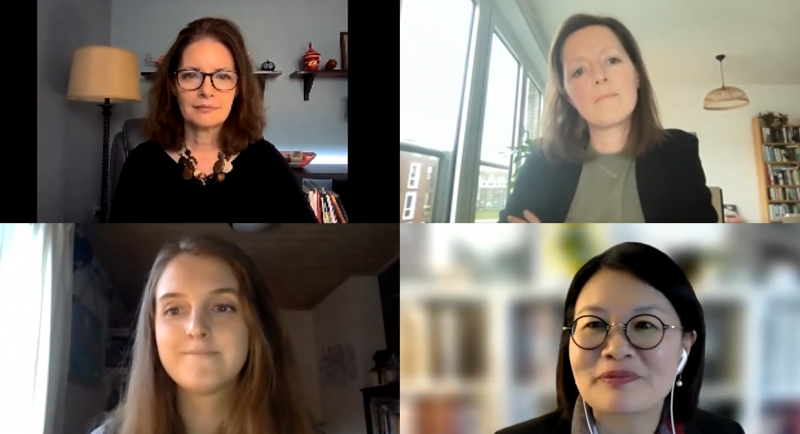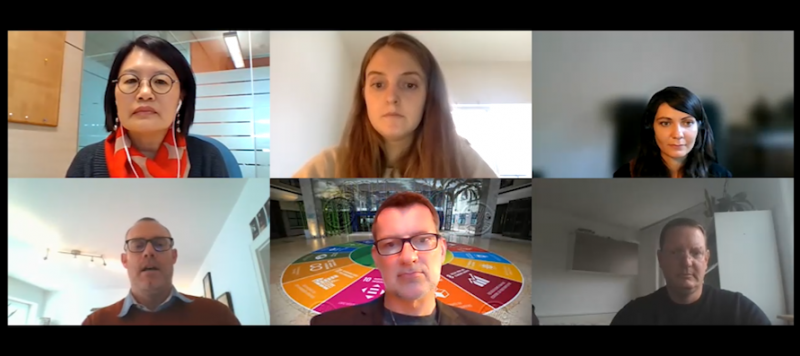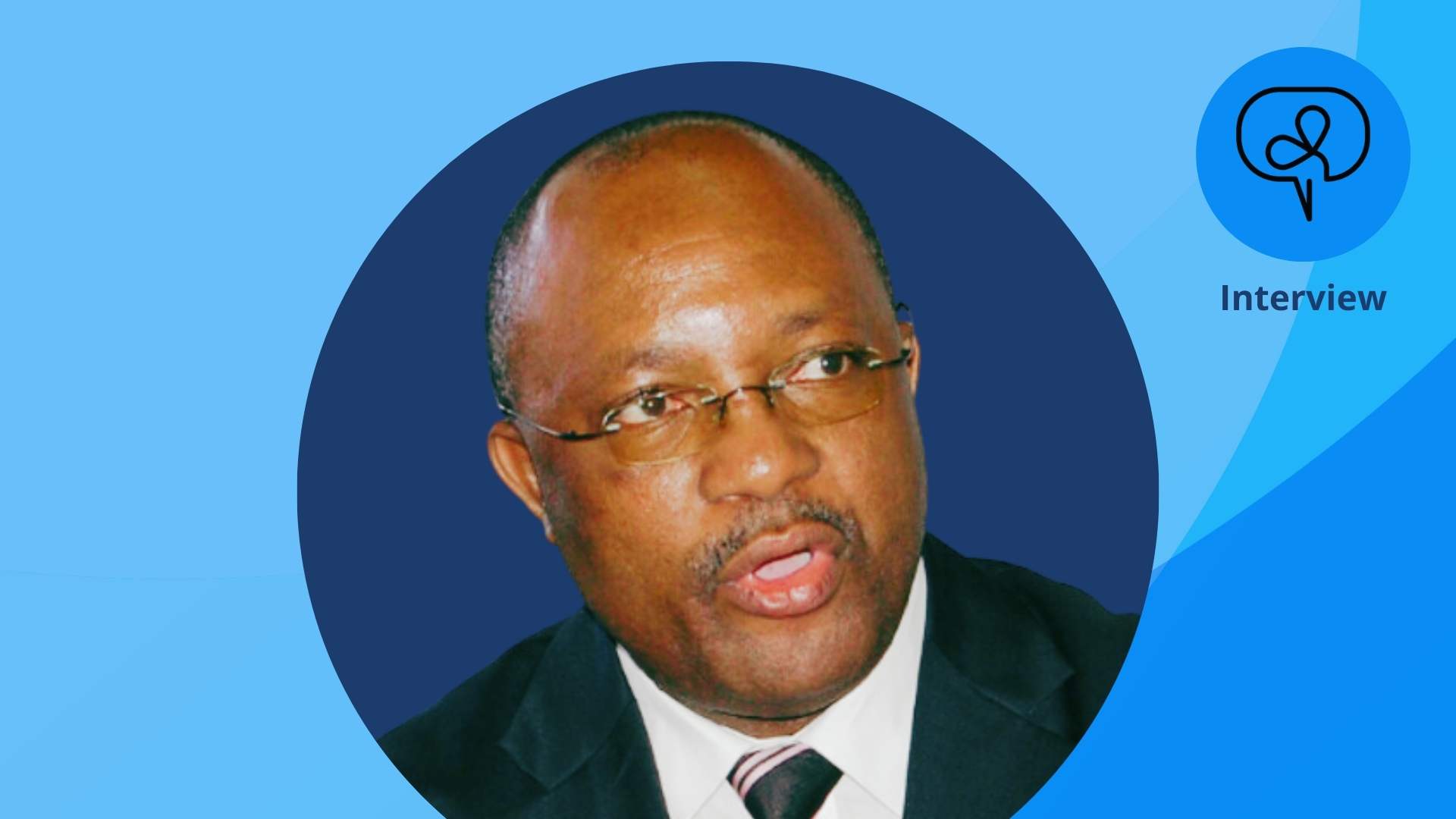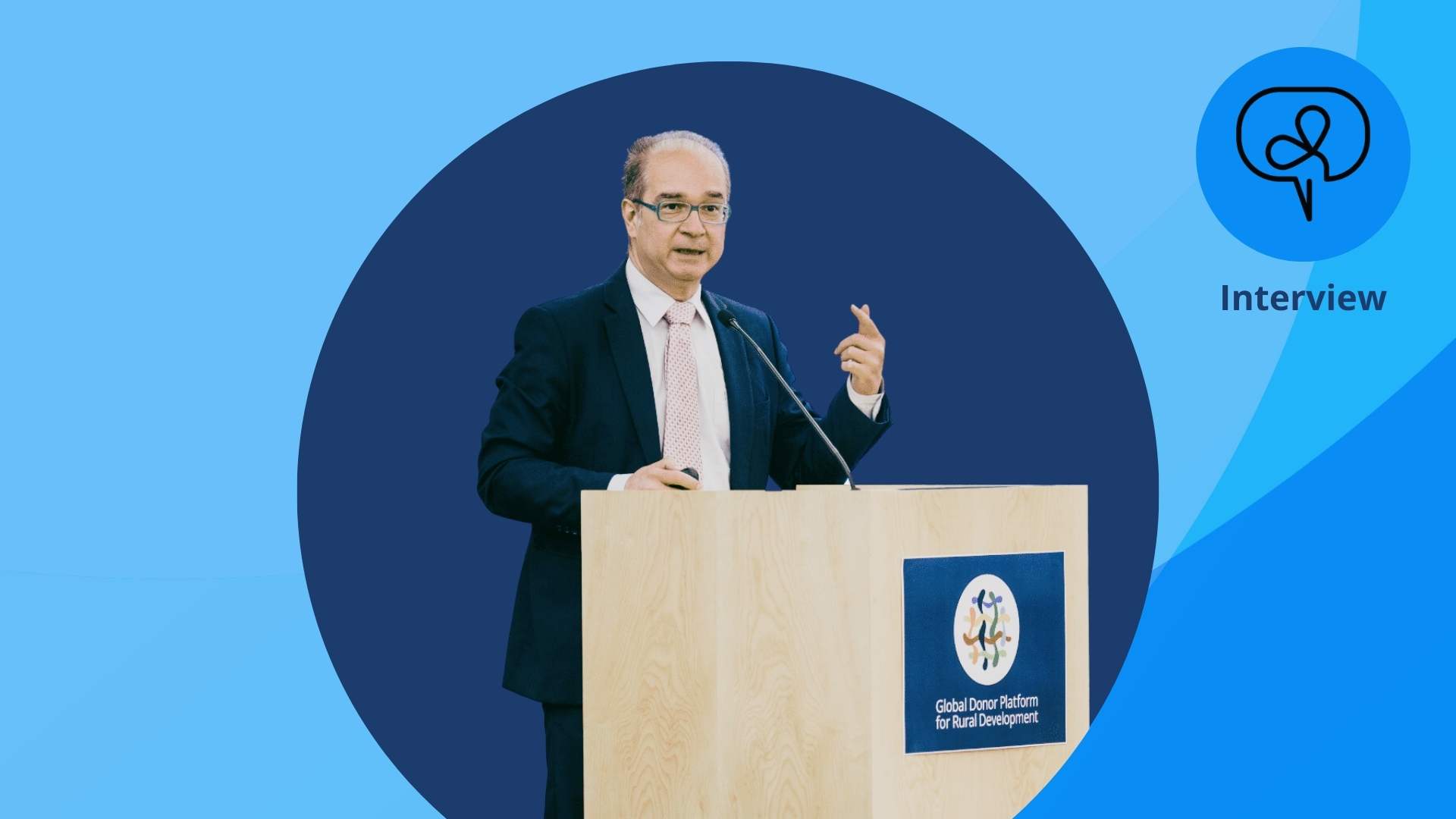
Short interviews by the Platform Secretariat during the 2022 Annual General Assembly in Rome, Italy.
Five experts talk about national pathways for food systems transformation, the current global food crisis response, and what they want small-scale farmers and the younger generation to know.

Stefanos Fotiou
Director, Office of Sustainable Development Goals; Director, United Nations Food Systems Coordination Hub
Other AGA2022 Interviews:
Stefanos Fotiou is the Director, Office of Sustainable Development Goals and Director, United Nations Food Systems Coordination Hub. He was a panellist during the first session of the AGA2022.
How do you see the future of food systems transformation and why are national pathways and coordination even more important?
Stefanos: I see the future of food system transformations as something that can be the big solution to our climate, biodiversity and other planetary crises because food is something that people relate to directly. The concept of food systems is not very familiar with many people, but the UN Food Systems Summit has put a big mark and made food systems a central theme in the international global development agenda.
We have a good starting point to using food systems as a solution to our climate and biodiversity problems. Food systems and the way they operate today are part of the problem, but they can become part of the solution. Why are national pathways important? It's a commitment of a country to work on this new way of thinking around systems and not only around sectors. It is not only about agricultural production but also about the packaging, distribution, the impact on the environment and on health.
Is there an example of collaboration to bring about this change in your view?
Stefanos: We need to look at three levels. One is at the country level. We have countries that have created national dialogues and pathways. The hub also needs to do some coordination. What we try to do in the hub is bring together coalitions, countries, stakeholders and science, and create a library of solutions for food systems transformation.
Many countries are now saying we need to adapt the pathways because of the current crisis. They understand they need to face, sometimes, the food security crisis they have and make them an internal part of the pathways. It adds one more level of complexity to many countries. We have always been responsive and go beyond response, to preparedness and making resilience an integral part of the food system transformation pathways.
We can do this by looking not only at the monetary aspect of a development plan or infrastructure plan, but also how even intangible values related with resilience, which is community building, peer learning and the need for social and environmental infrastructure, could be part of our development plans.
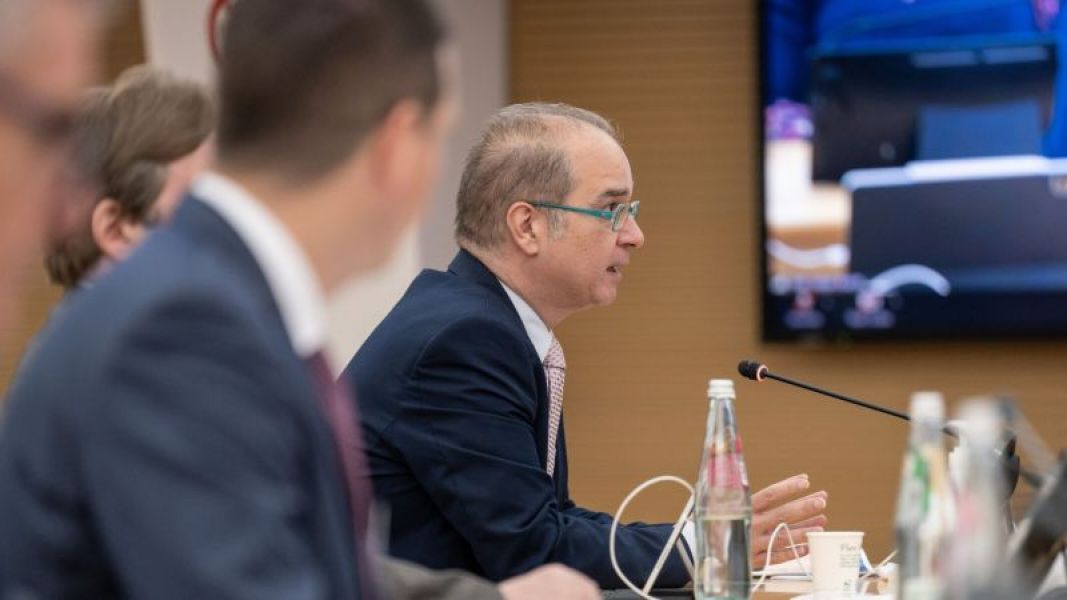
"Food systems and the way they operate today are part of the problem, but they can become part of the solution."
What would you like small-scale farmers and the younger generation to know? And what do you think should give them hope for the future?
Stefanos: Young small-scale farmers need to know they're actually the basis of agricultural activity. Agriculture at an end, especially the packaging and distribution of food, may be a big business thing. But when it comes to the production of food, it is always smallholder farmers who define the game. They need to understand their role in this value chain, and even demand more sometimes. Without them, we don't have a food system. We need to move away from a culture of consumption to a culture of creation, and I'm hopeful the youth today is more into creation than consumption.
What would you like the donor community to get out of the Annual General Assembly going on now? And especially as the lead of the UN Food Systems Coordination Hub?
Stefanos: I would like the donor community to find and respect the prioritizations that countries already have. We don't need new prioritization. We know the long-term goals are the sustainable development goals and how to achieve them in the agrifood sector. We have the food system pathways.
The second is a need to shift the mentality from supporting agricultural development to supporting food systems. We need donors to agree on what is support for a food system. What it means to put money behind an approach that is supporting food systems vis-a-vis putting money behind a classic agricultural development project.
The third thing is to look carefully at the different time planning. We need some money urgently and they have the needs to support the momentum for food systems. With the UN Food Systems Summit, we put countries in a process and they delivered. Expectations were created and now the donor community needs to support these expectations.
This video is a recording of the interview, conducted by the Secretariat of the Global Donor Platform for Rural Development during the Annual General Assembly in Rome, 15 June 2022.

